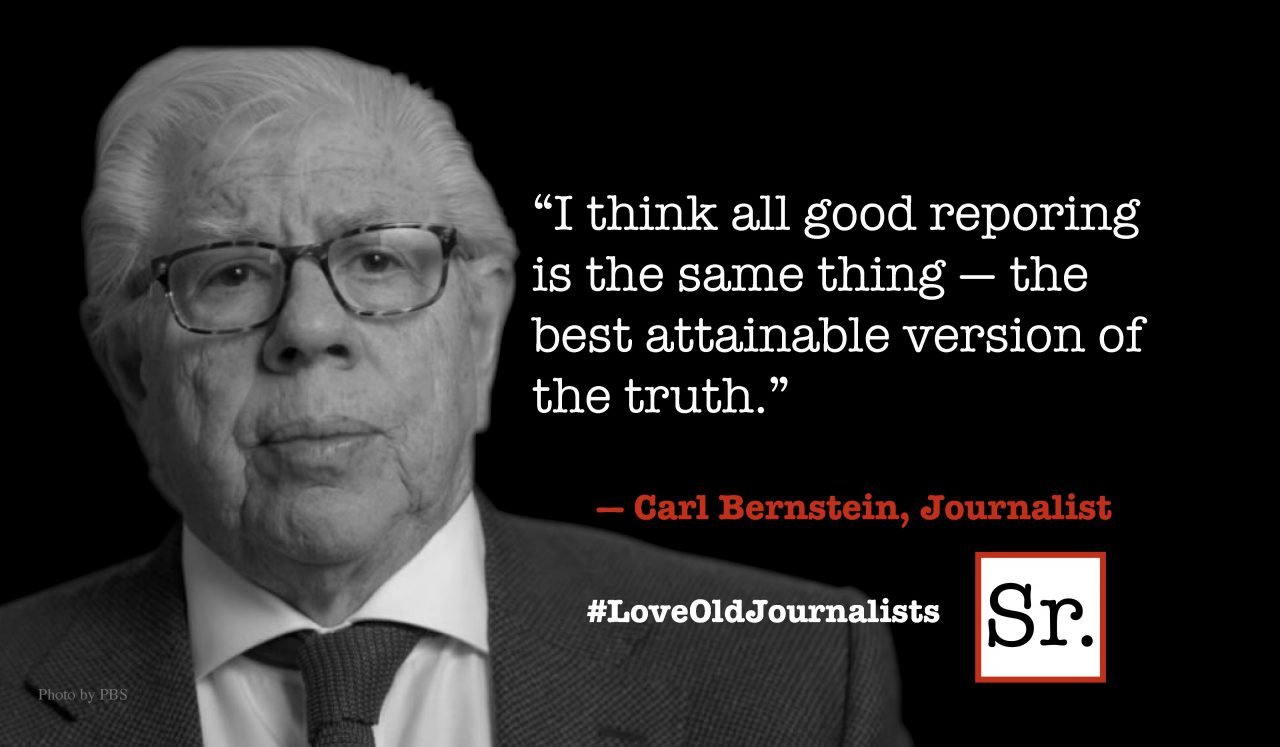The sudden, unexpected and potentially catastrophic event that threatens a business is a C.E.O.’s greatest challenge. Ever since the Tylenol tampering recall of 30 years ago, the performances of companies in crisis have come under public scrutiny. The entire world was touched by the most environmentally destructive business crisis of all time — BP’s oil spill in the Gulf. Everyone watched as C.E.O. Tony Hayward made blunder after blunder while BP’s crude killed. Three weeks after the explosion, Hayward called the spill “relatively tiny” in comparison with the size of the ocean — six weeks later he said he’d like his life back, and six weeks after that, BP’s shell-shocked Board finally put him out of his misery.
How is it possible for three months of crisis management ineptitude to occur in an organization the size of BP with a product as environmentally toxic as oil? You’d think a company drilling on the ocean’s floor would be adept in risk management planning. Whether Hayward was a part of a risk management plan or not, the guy failed at the moment his employees, his shareholders, his fellow human beings and the planet needed him most.
Politics aside, I’m willing to bet Rudy Giuliani was never briefed on how he might handle the possibility of a terrorist attack on New York City. On that tragic day in September, Mayor Giuliani had little time to react to the horror. In a time of chaos and uncertainty, he established himself as a courageous leader by calming, consoling and urging the public to return to their normal lives; this was how Americans could stand up to the terrorists…this was how to deny them their goal.
Compared to Giuliani’s challenge, a business crisis should be a cakewalk for the organization’s leader. But it is not. Those who excel under fire do so because:
1. They have the right values and beliefs. Great leaders live by a set of principles that guide them when the need arises.
2. They are inherently courageous. There is not an absence of fear, but the management of fear. Anyone who has overcome intense fright will tell you that there isn’t a better rush.
3. They are prepared. Their organizations are disciplined to assess threats and map out ways to mitigate, to deal with the potentiality when it occurs. The C.E.O. has to believe this day will come, and when it does, the company will be prepared to cope from the moment the crisis occurs to the point that recovery procedures begin.
4. They know how to communicate. Getting the right ideas into the heads of others is paramount. In the case of a recall or an environmental disaster, the first concern is public safety, not the financial interest of the shareholders.
5. They live and breathe the company culture. If the culture is right, the decision-making is so much easier.
At the outset of the Tylenol crisis, J&J C.E.O. James Burke was guided by the company’s “customer first” credo written by Robert Johnson in 1943. How Burke and J&J dealt with the crisis has set the standard for all to follow — to be prepared for that inevitable day when disaster WILL strike. Prudent leaders prepare for calamity. And yet, despite pervasive recall awareness, we have C.E.O.s of companies that have the capacity to maim the domain of life, with their heads in the sand.
Not many years after the Tylenol fiasco, a massive batch of sour coffee that made some people nauseous became my ultimate test of leadership. Without hesitation, I sacrificed the company’s annual profit target by immediately issuing a national recall. Like James Burke, my guiding light through the high anxiety was the company’s core value of “doing the right thing” for the consumer. In the end, we got through the sour coffee crisis successfully. As for how I handled myself as C.E.O., my feelings are the same as they were all those years ago. I loved every minute of it. Now, why would I say that? Quite simply, that crisis gave me the opportunity to be the leader my employees expected and the leader I’d always dreamed of becoming.








